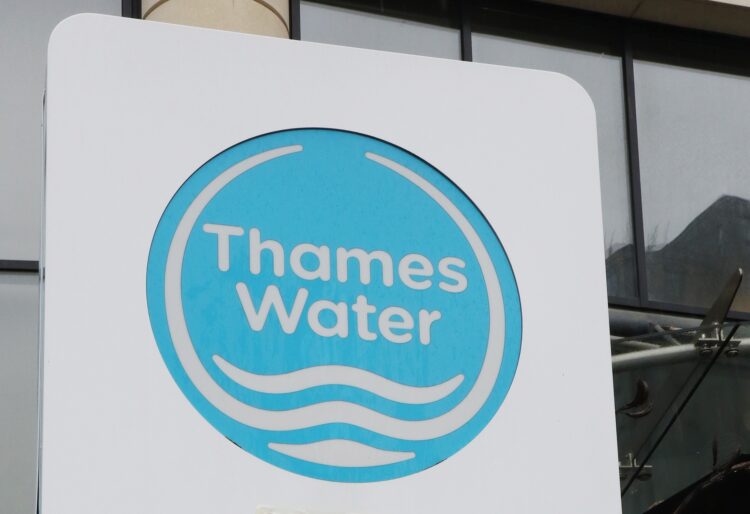THAMES Water has announced that parts of Reading will be among those placed under a hosepipe ban from next week.
The water provider has confirmed that a Temporary Use Ban is to be put in place across a large part of the Thames Valley which includes Oxfordshire, Gloucestershire, Swindon, Wiltshire, and parts of Berkshire.
Caversham, Pangbourne, and Henley-on-Thames all fall within the area affected, which specifies those with postcodes beginning with RG4, RG8, and RG9.
From 00.01am on Tuesday, July 22, customers are asked not to use garden hosepipes, including for cleaning cars, watering gardens or allotments, filling pools, or for general cleaning, such as windows.
While the ban does not impact businesses where water use is a core part of their purpose, such as garden centres or car washes Thames Water is asking those in the region to ‘be mindful’ of their water use.
It comes after the Environment Agency placed Thames Valley under Prolonged Dry Weather Status, meaning there is a high risk of drought.
This is the result of one of the driest springs seen in the country for over a century, and the warmest June on record for England.
Thames Water says the prolonged hot weather and below average rainfall means there is less water available to support local water supplies, with high demand across the region.
Company data shows customers often use up to 30% more water on days with temperatures above 25°C.
Water abstracted from the River Thames for this area is stored at Farmoor reservoir in Oxfordshire.
If, as is expected, the warm, dry weather continues, the company anticipates that reservoir levels at Farmoor will continue to drop.
Further, river levels are below average for the time of year, which limits how much water can be sourced from the River Thames to top up the reservoir
The hot weather also means more water is lost through evaporation from surface water bodies such as rivers and lakes.
The move has been criticised by some, including the GMB union, which has described the ban as “disgraceful” amid continued issues with leaks by the water supplier.
Citing figures from The Guardian, GMB claimed that Thames Water lost 200 billion litres of water through leaks alone last year–equivalent to 570 million litres a day.
Gary Carter, GMB National Officer, said: “GMB members at Thames are working hard and doing the best they can, but they’ve had their hands tied behind their backs by crumbling infrastructure and non-existent investment.
“For Thames Water to now impose a hosepipe, while bills rocket, is disgraceful.”
However Thames Water has also claimed that leakage is at its lowest ever level on the network, and that the company is fixing 650 leaks a week and is targeting leaks with the greatest impact to local water supplies.
It also says that the use of new acoustic loggers on its network are helping to find and fix leaks, with almost 40,000 currently in use, and around 100,00 expected to be in place by mid-2027.
Nevil Muncaster, Strategic Water Resources Director at Thames Water said: “This has been a challenging spring and summer with big spikes in customer demand during hot, dry days and very little rainfall to replenish local supplies in the Thames Valley.
“Given the continued warm, dry weather, we do not anticipate that the situation will improve any time soon, so we have to take action now.
“Every drop of water we use comes from the environment, and we have to balance protecting this while taking out the water needed to top up reservoir levels.
“That is why we have had to make the difficult decision to implement a hosepipe ban to make sure there’s enough water for customers’ essential needs and to protect rivers.
“While this TUB will only affect customers in certain areas, I want to thank all our customers for their understanding and for their support so far to reduce their water use.
“This includes turning the taps off while brushing teeth, taking shorter showers, and letting your lawn go dry.”
Full details about the Temporary Use Ban and the affected areas are available via: thameswater.co.uk/help/water-supply-and-drought-update























